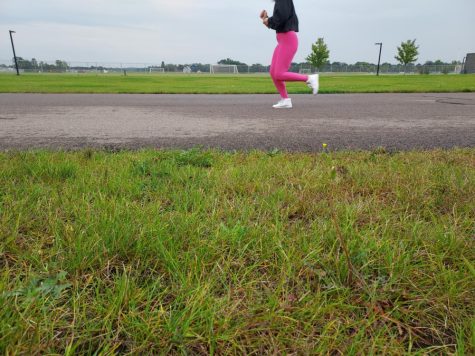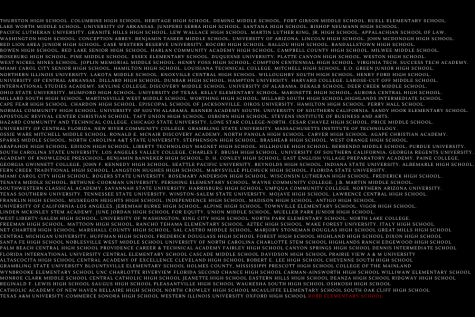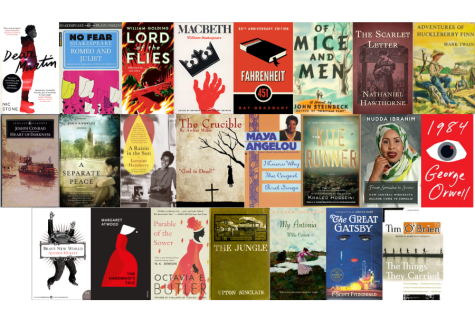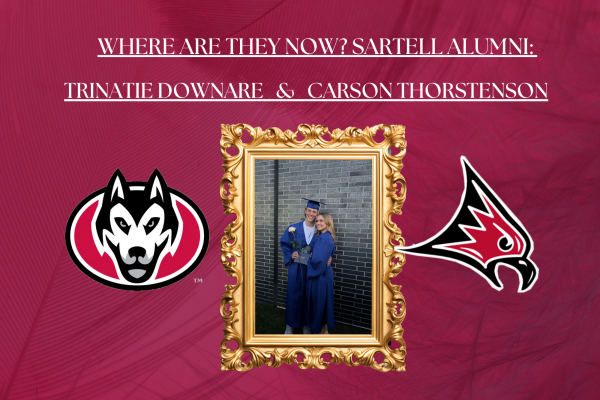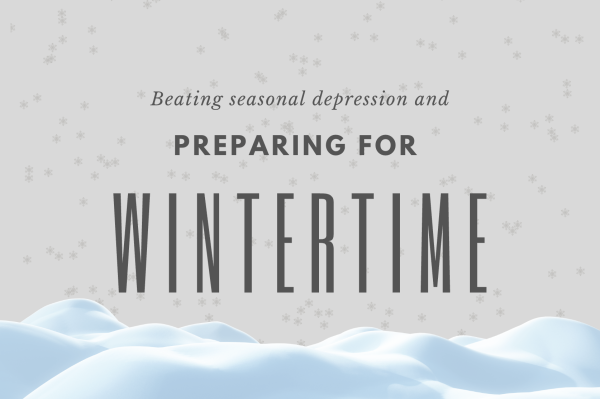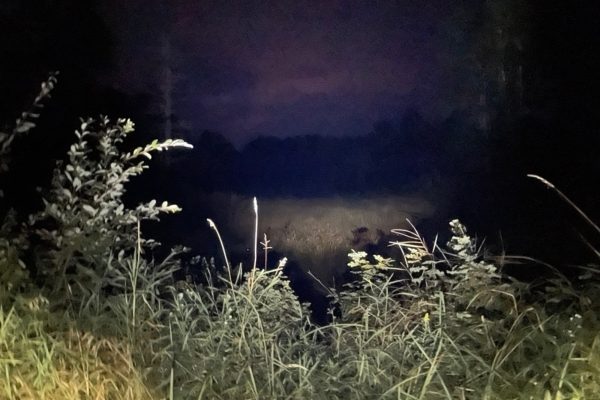Researching your family history is worth the effort
My rewarding experience of exploring my heritage
A collage of family pictures from my family tree
The first thing I hear from relatives when I speak with them and ask them questions is “I can’t believe someone your age is this interested in learning their family history.”
I have always been interested in history, however it never occurred to me until more recently to research my own family history. Since COVID started I had more time than usual on my hands, and I started looking into my genealogy. What I have discovered has opened my eyes to a rich and fascinating family history of both living relatives I didn’t know I had and allowing me to trace my heritage back to the early 1600s.
Genealogy is the process of studying and researching one’s lineage. One doesn’t need to be a professional genealogist to study their own family history, or even the history of another family or individual. Tracing your ancestors and their descendants can be accomplished through a variety of resources that with the help of the internet has become a whole lot more accessible to everyone.
I have personally had an amazing experience developing my family tree, and have met some wonderful people along the way. Through working with others and through the resources I have discovered, I have been able to build a family tree from me and my siblings to the first of our relatives to step foot in the Americas, all the way back to some of our first recorded relatives from Europe.
Family history can be arranged in a variety of different ways, including family trees, pedigrees and paternal and maternal lines. Digital trees are extremely easy to create and easier to maintain than a physically drawn out tree, and can be developed through a variety of record documents such as birth, marriage, church, death records as well as government and military records to name a few.
You may already know a bit about your family history, such as where your parents, grandparents or great grandparents family came from, their religion or country of origin. One must find a starting point from which to grow their tree and can be done starting with you, your parents, and grandparents.
You can literally start with you and then your parents if that’s all the information you have. You do not need to know generations worth of information to begin the search.
I had a general idea of where my family had originally come from, yet the first step in beginning my tree started with typing my own name, then the names of those family members I knew. As I accessed more records I was amazed at how quickly my tree grew. I started with myself. I now have 1,774 family members in my tree, related by both blood and marriage. I reviewed 2,268 online records and reviewed many, many record hints to obtain this information and talked with many family members. It is still a work in progress, something I plan to expand upon as I keep digging.
How do you get started and grow your tree? There are many resources available to help you better understand your lineage. You or your family may have family photographs either in a photo album or digitally saved that are very valuable for helping pull together a more complete family tree. Additional resources available are the National Archives, census data, family military records of service and many others. Those offering DNA options, like Ancestry, help give you a great deal of data quickly, not only on yourself, but your family tree as well.
Personally I would highly recommend two digital resources, those being Ancestry and FindAGrave.com, which have been extremely beneficial to finding and recording my own family history as well as state and county records.
Ancestry is the world’s largest genealogy company which compiles records and resources to help people develop and research family history. While there are many other companies like this, I have used and prefer Ancestry because it has the largest database of records and genealogy information. 23andMe and other genetic testing companies may offer more advanced health testing while Ancestry and other genealogy companies are more focused on family heritage.
Ancestry also offers access to local, state, national and international censuses and records. People with European descent will have the more results available in the system currently, but as more people from different parts of the world participate, the more data for different groups will become available to more accurately represent all areas of the world.
You can also take a DNA test through companies like Ancestry.com or other alternatives such as 23andMe and MyHeritage.com which take your DNA profile, either through a swab or spit that can give you an estimated geographic radius of where your ancestors may have come from and give you certain percentages of your heritage based on DNA analysis. They are not exact however, and as more people participate and technology grows, the more accurate these types of results will become.
Findagrave.com is a free website resource which can be helpful in finding information on where a relative’s gravestone is located. It includes pictures of an individual’s grave, information on the tombstone such as engravings, obituaries and pictures from their life as well as other information on relatives that have passed before them.
You yourself can also upload and share information like photos on both of these sites which may help others in their search to find and learn more about distant relatives.
One final and often the most detailed account is a resource often overlooked, your own family. Talking with living relatives can provide a whole layer of context and perspective to what you may find, such as family stories, photographs, heirlooms and even other relatives you may have never known existed before. Talking with your family, as bothersome it may seemingly be, can be both rewarding and informative as they are first hand accounts of history that may not be recorded by records or photographs alone. Especially take advantage of spending time with and talking to more elderly family members while they are able to recall and talk with you as once they are gone, their stories are also gone with them.
Admittedly not everyone has the time to dig through records and find all of the resources, there are experts available you can hire to conduct the research for you; however, they tend to come with a large price tag. Working on genealogy can be a full time job for sure or you can make it a hobby and passion and work as you can find time to gather the pieces of information to grow your tree.
Whatever way possible, take efforts to preserve what history your family may have, no matter what part of the world they may be from, such as photographs, documents, personal items, etc. that may be of historical and personal value. I personally think that preserving them for the rest of my current and future family is valuable and meaningful work.
With Memorial Day coming up, you may want to look more into your family’s military history and learn more about your family’s service. I have personally discovered family members with military service from both world wars, and even as far back as the Civil War. I plan on continuing to increase my efforts in expanding my family tree this summer, as well as to gather and preserve stories of relatives and I hope you will consider doing so as well.

Hello there, I am Ben, and I am a senior at Sartell High School. My favorite subject(s) in school are history and government. I am a Cadet NCO in the Civil...




